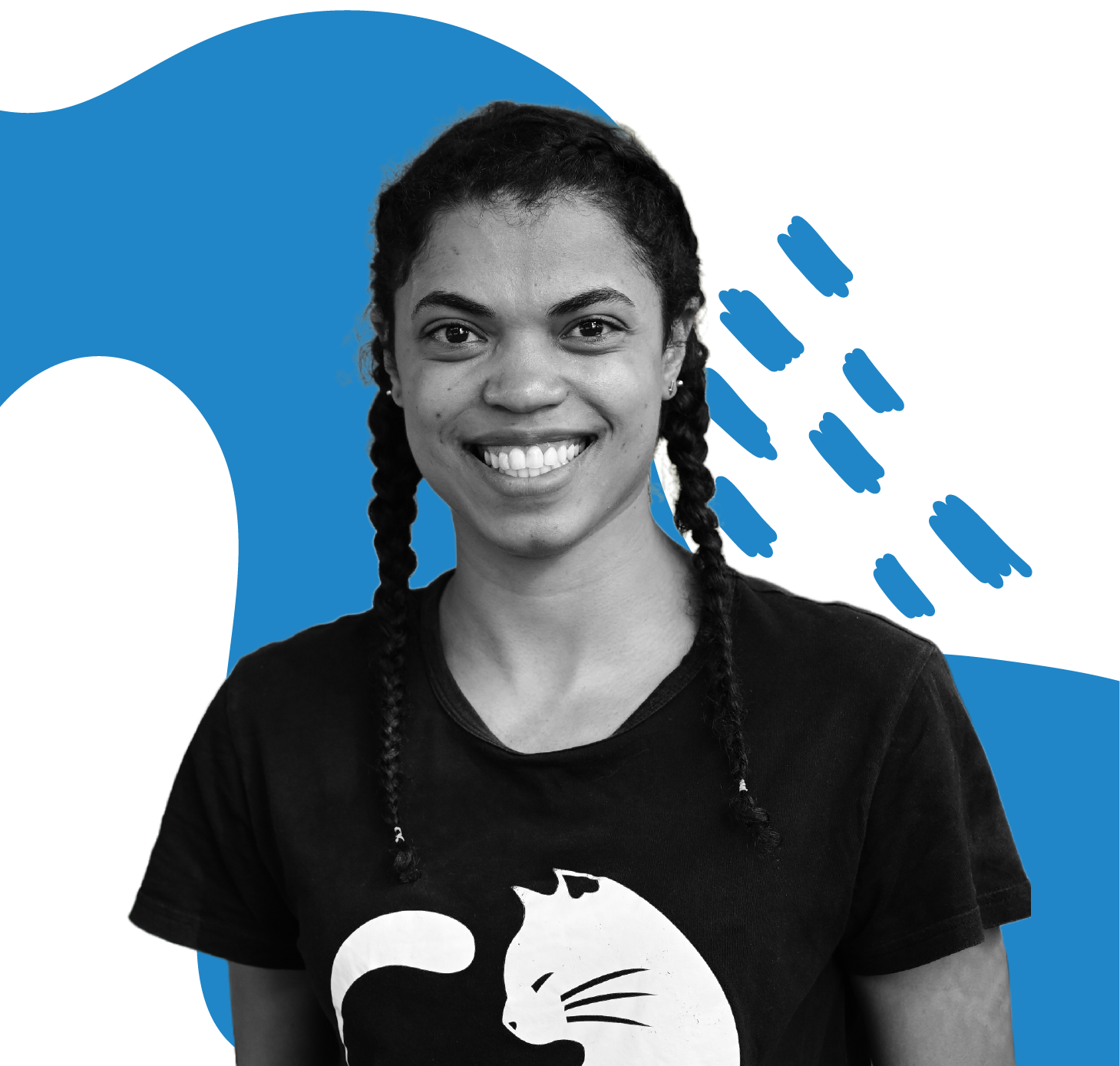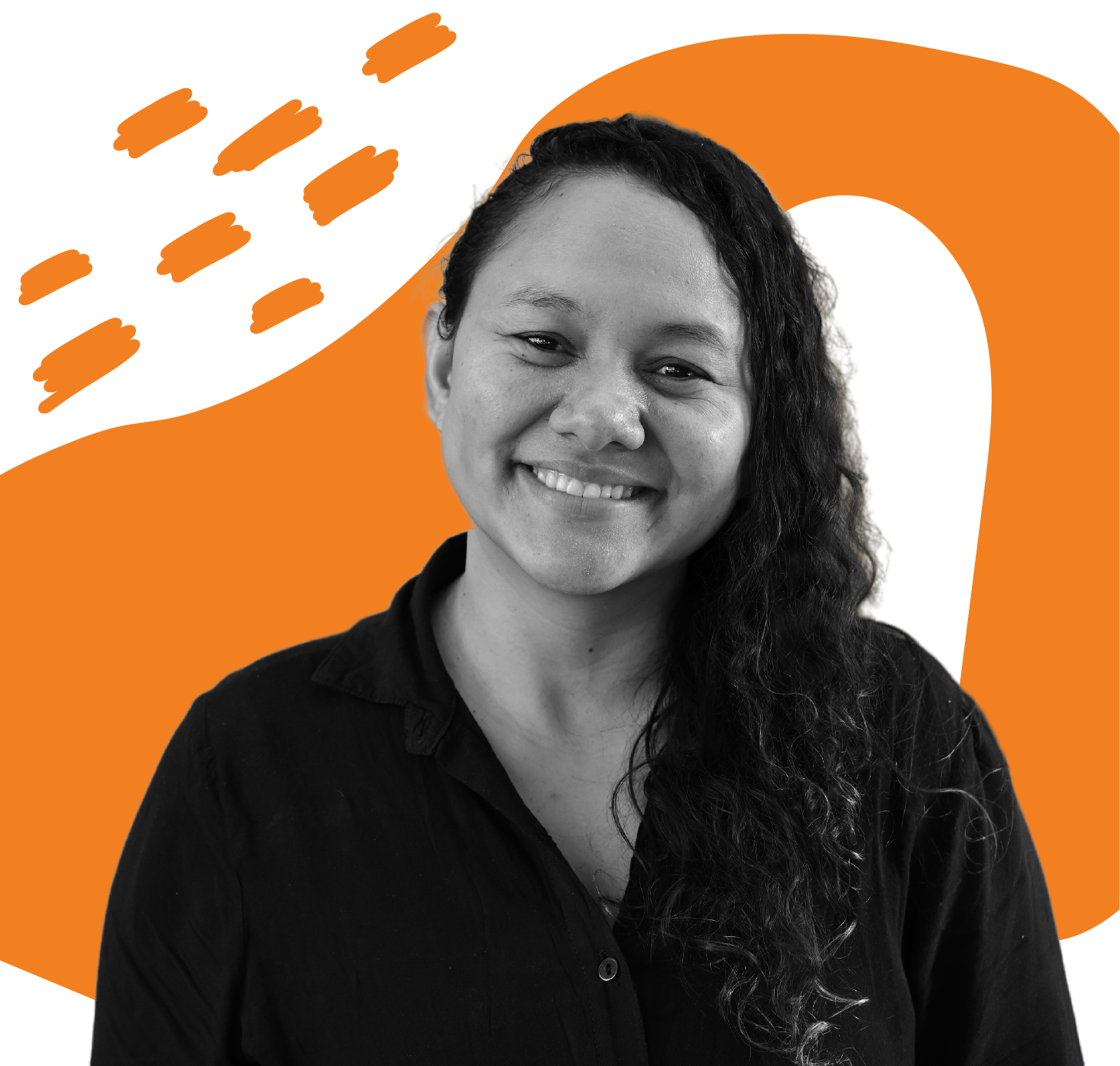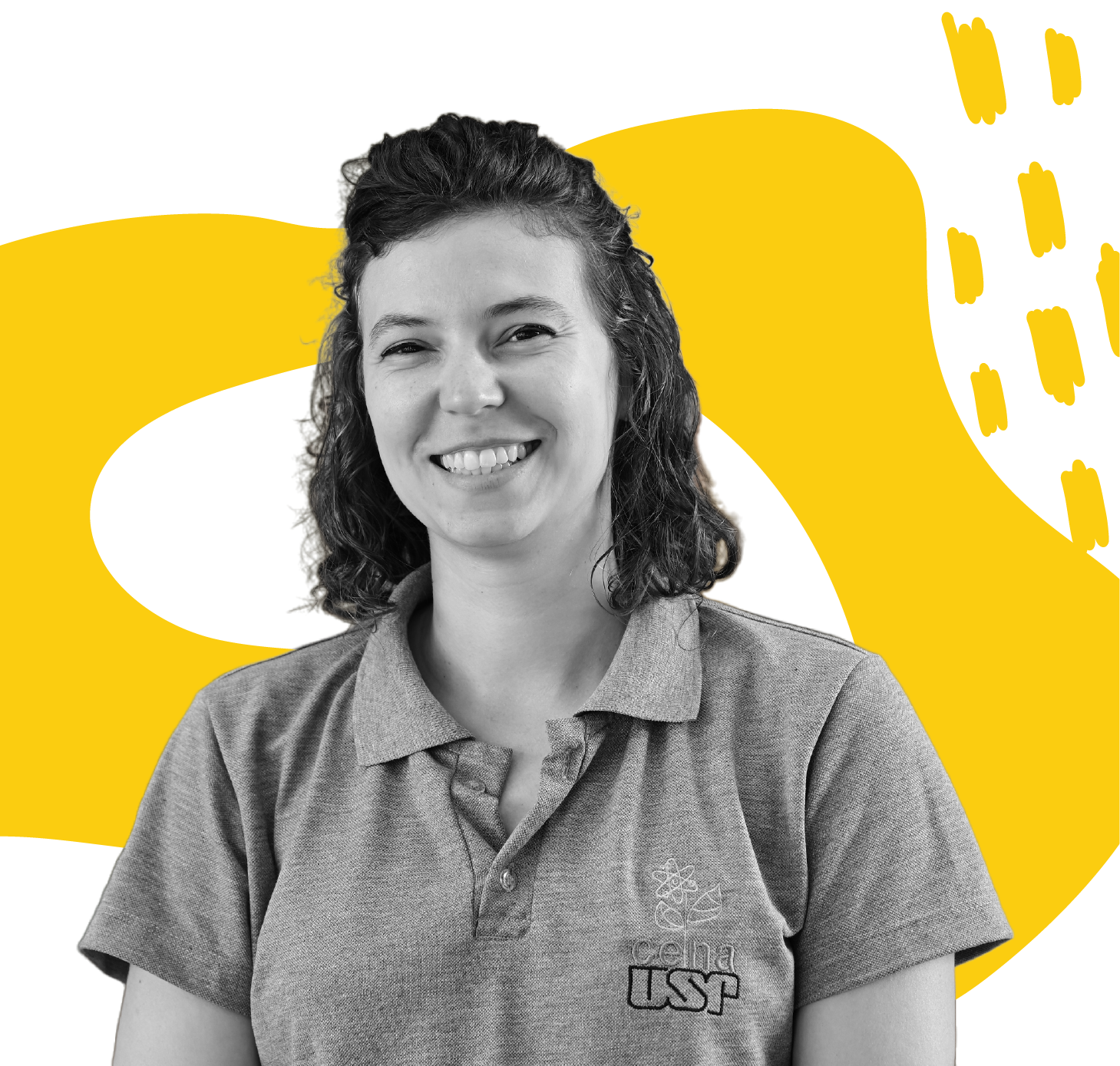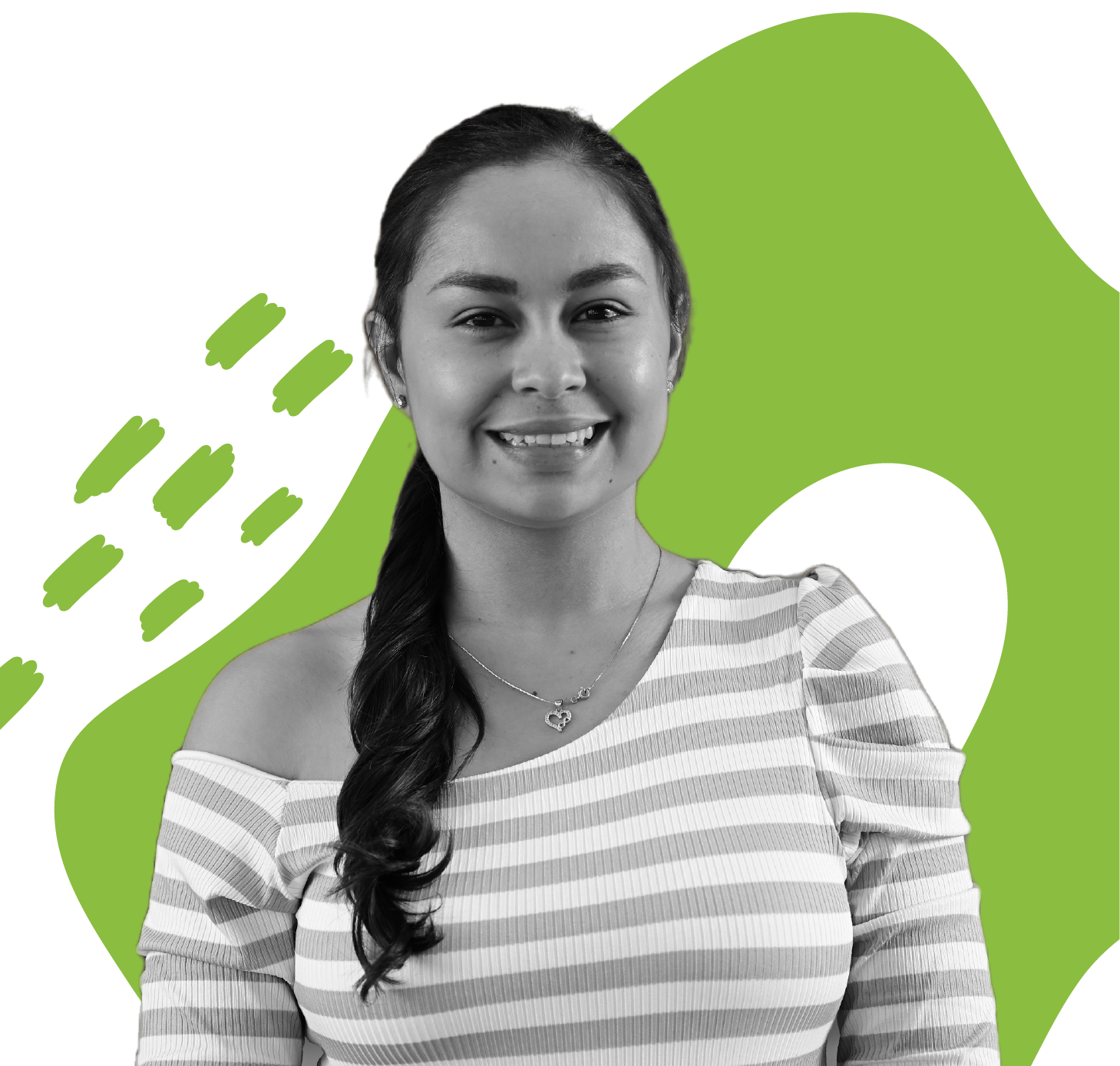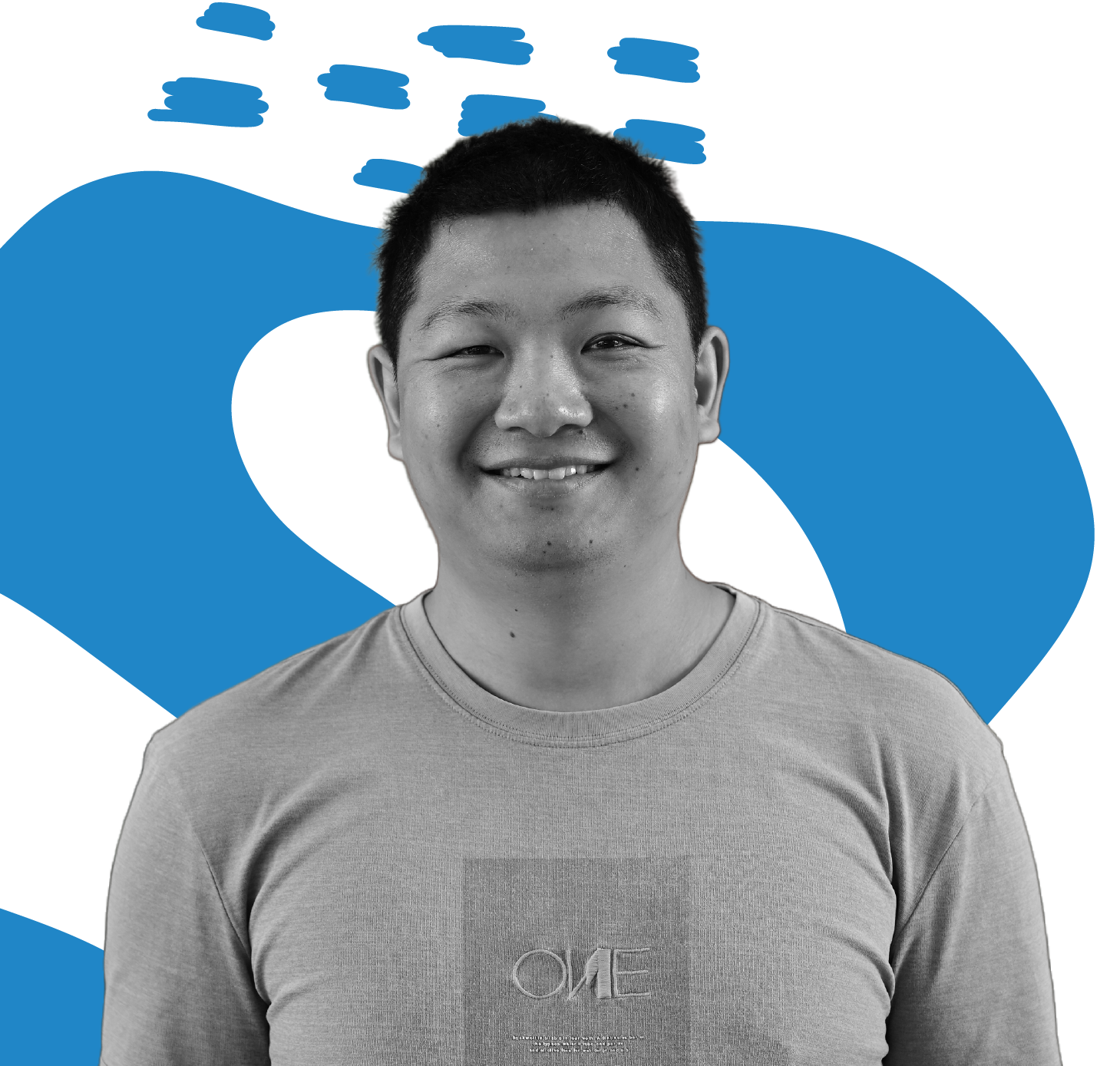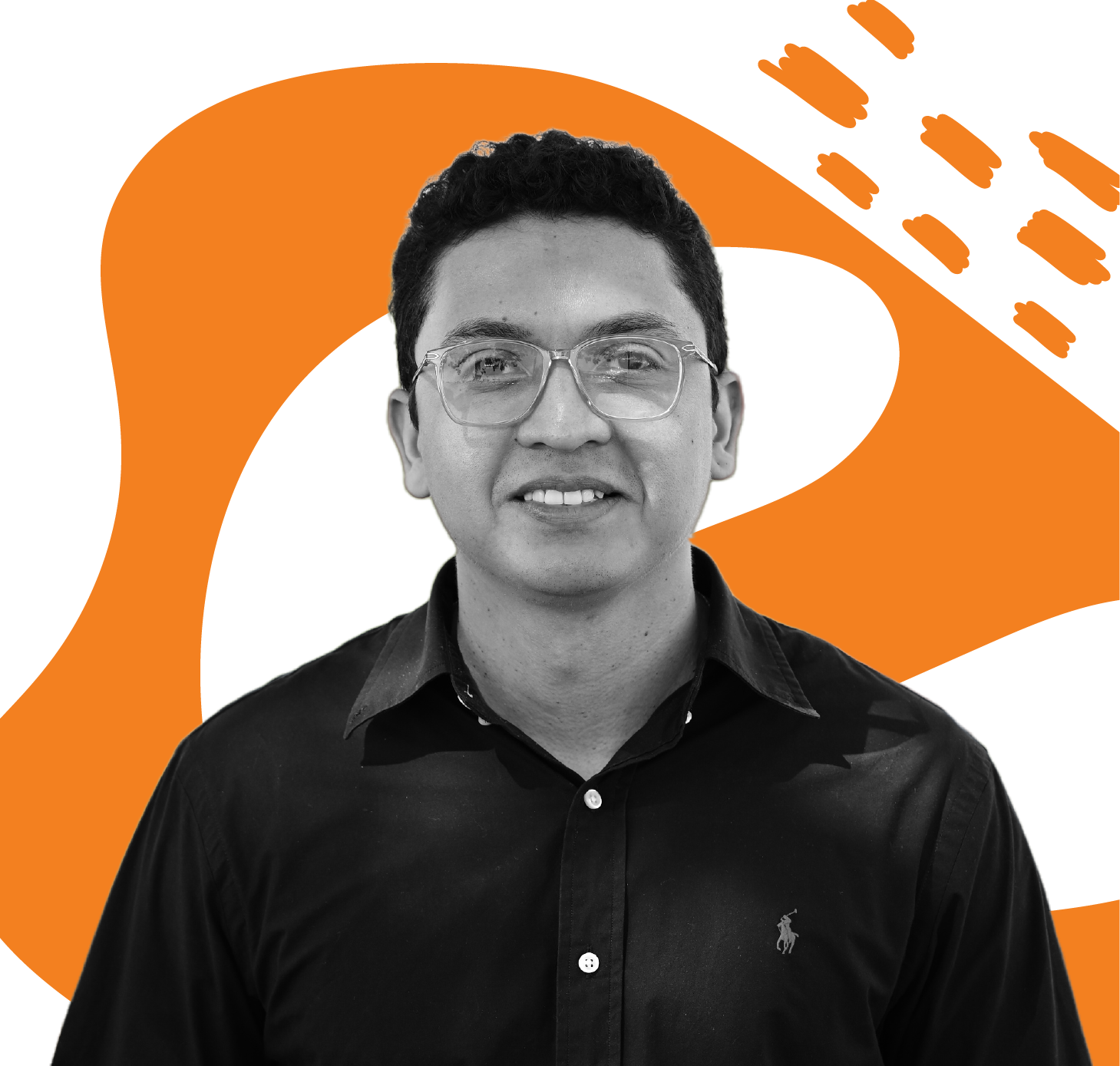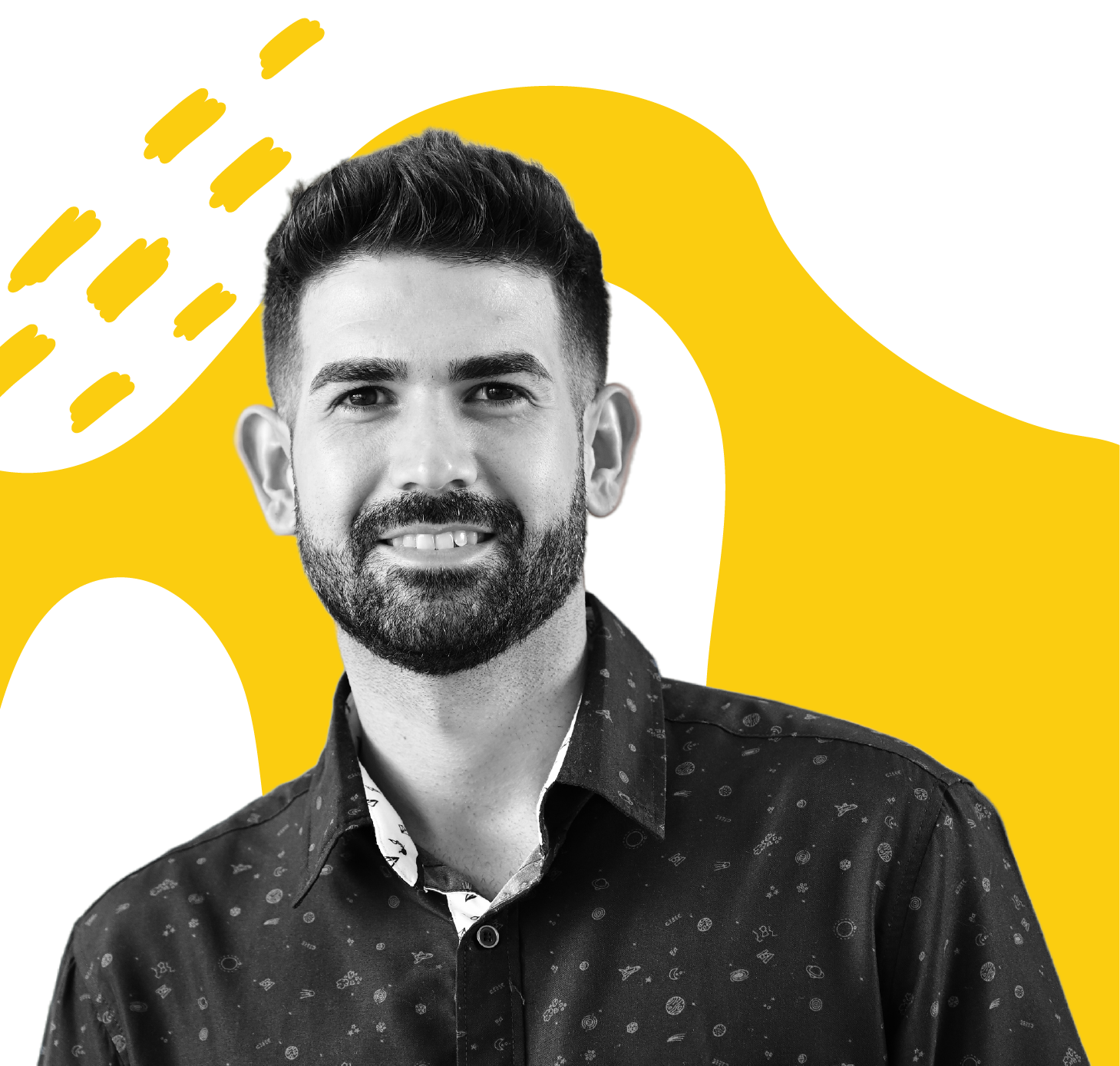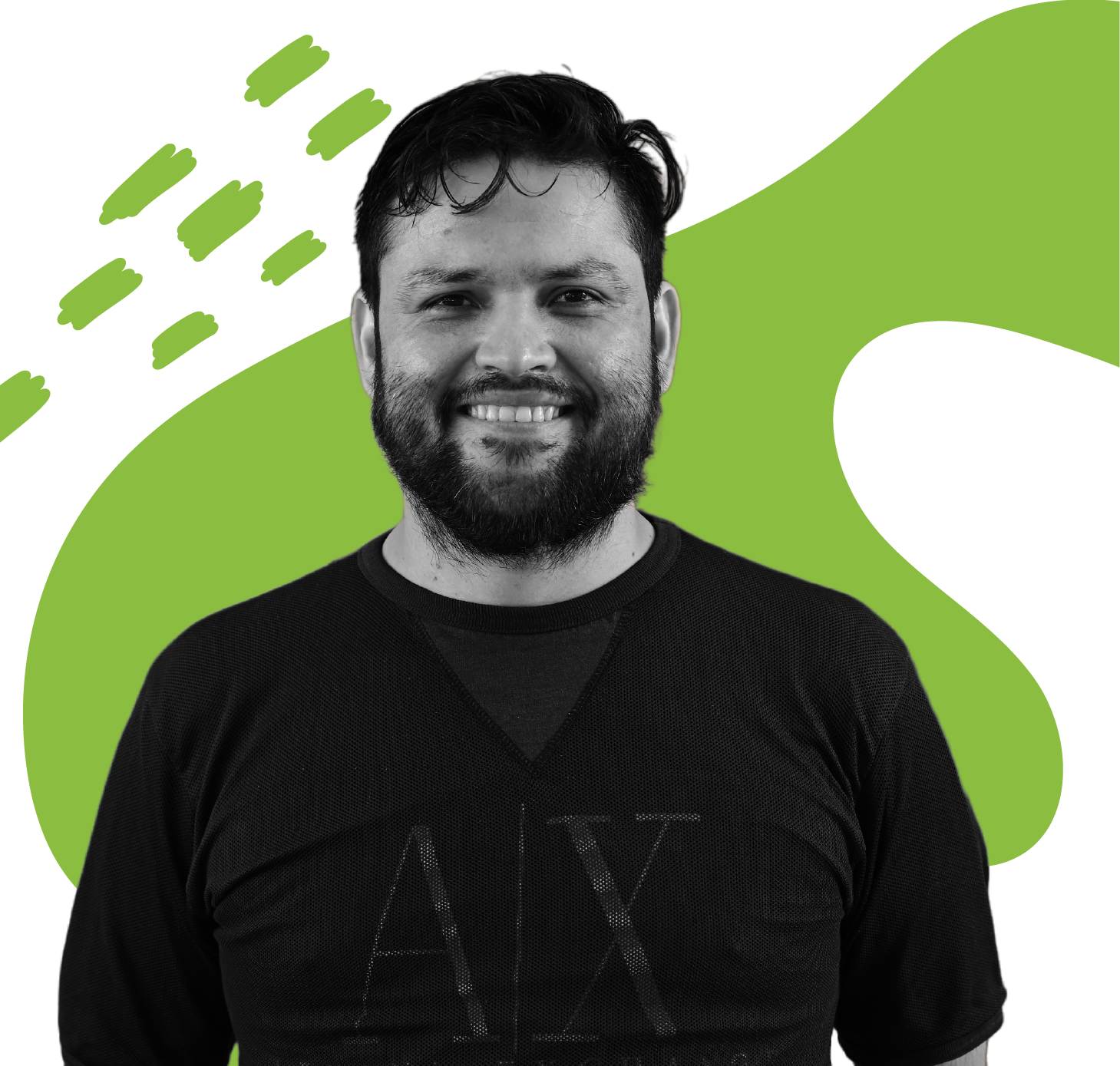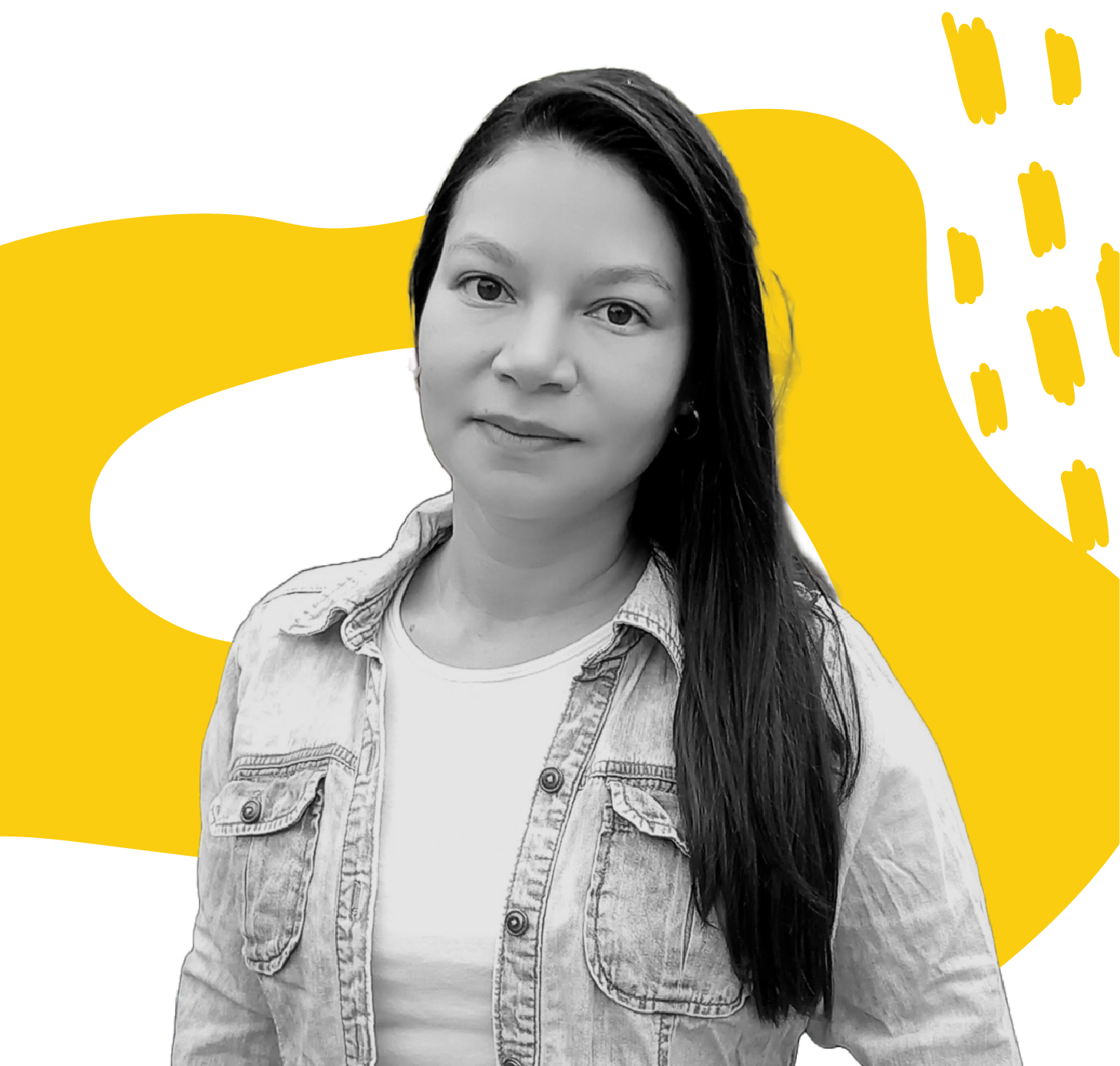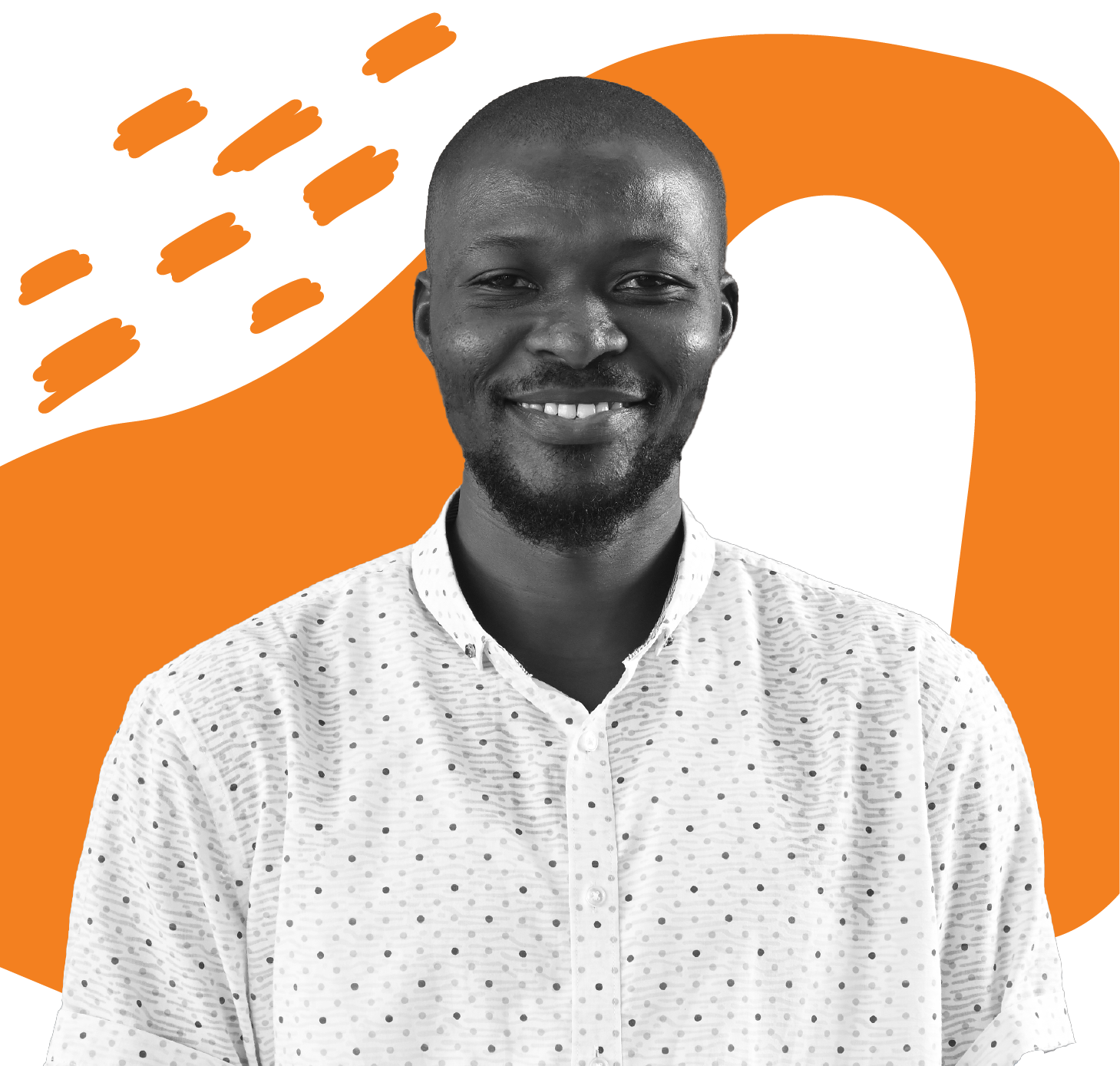2023 Interns
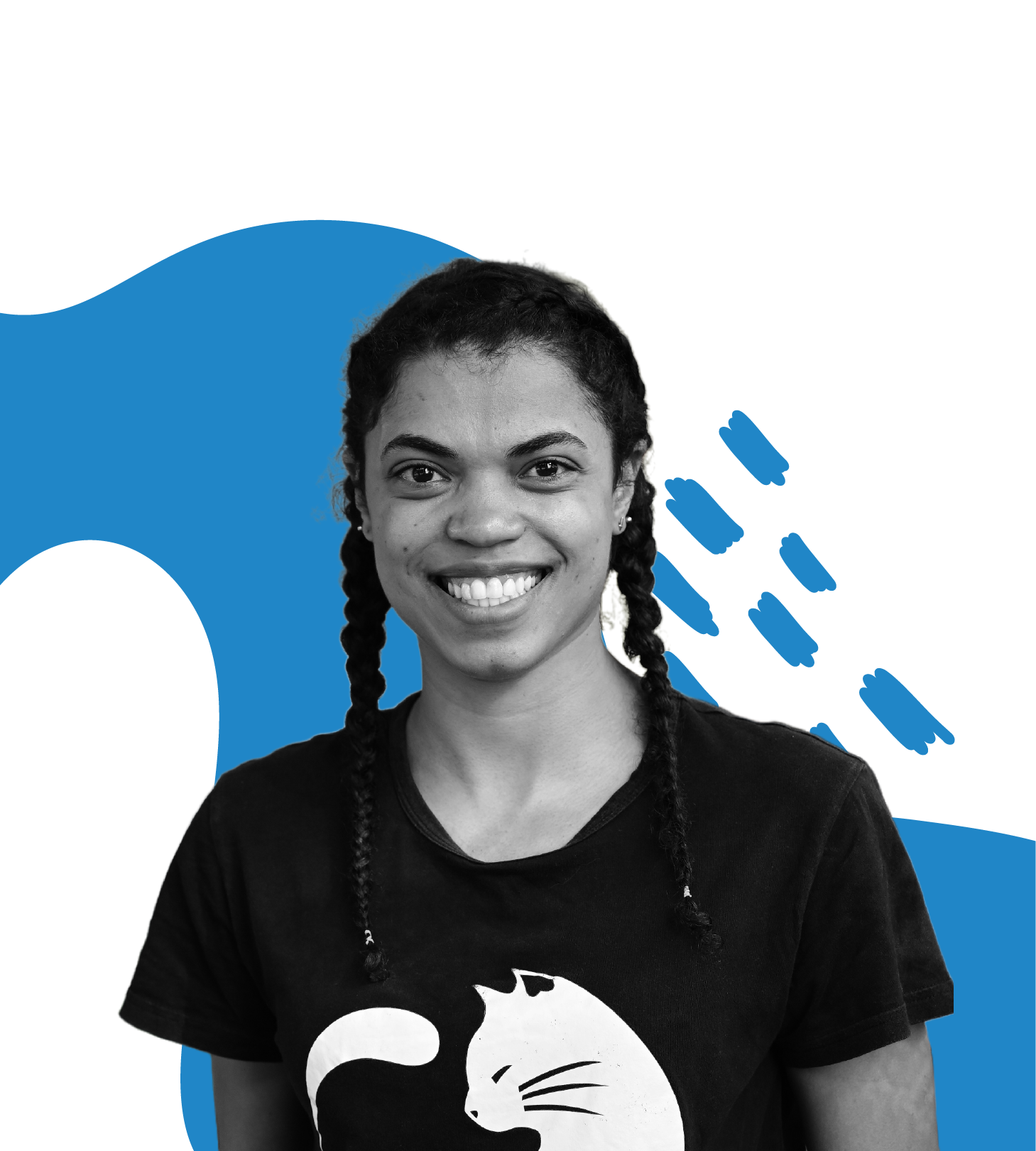
Rosimara Barboza
“Passionate about science and life, always looking for my best version“
State University of Rio de Janeiro
Brazil
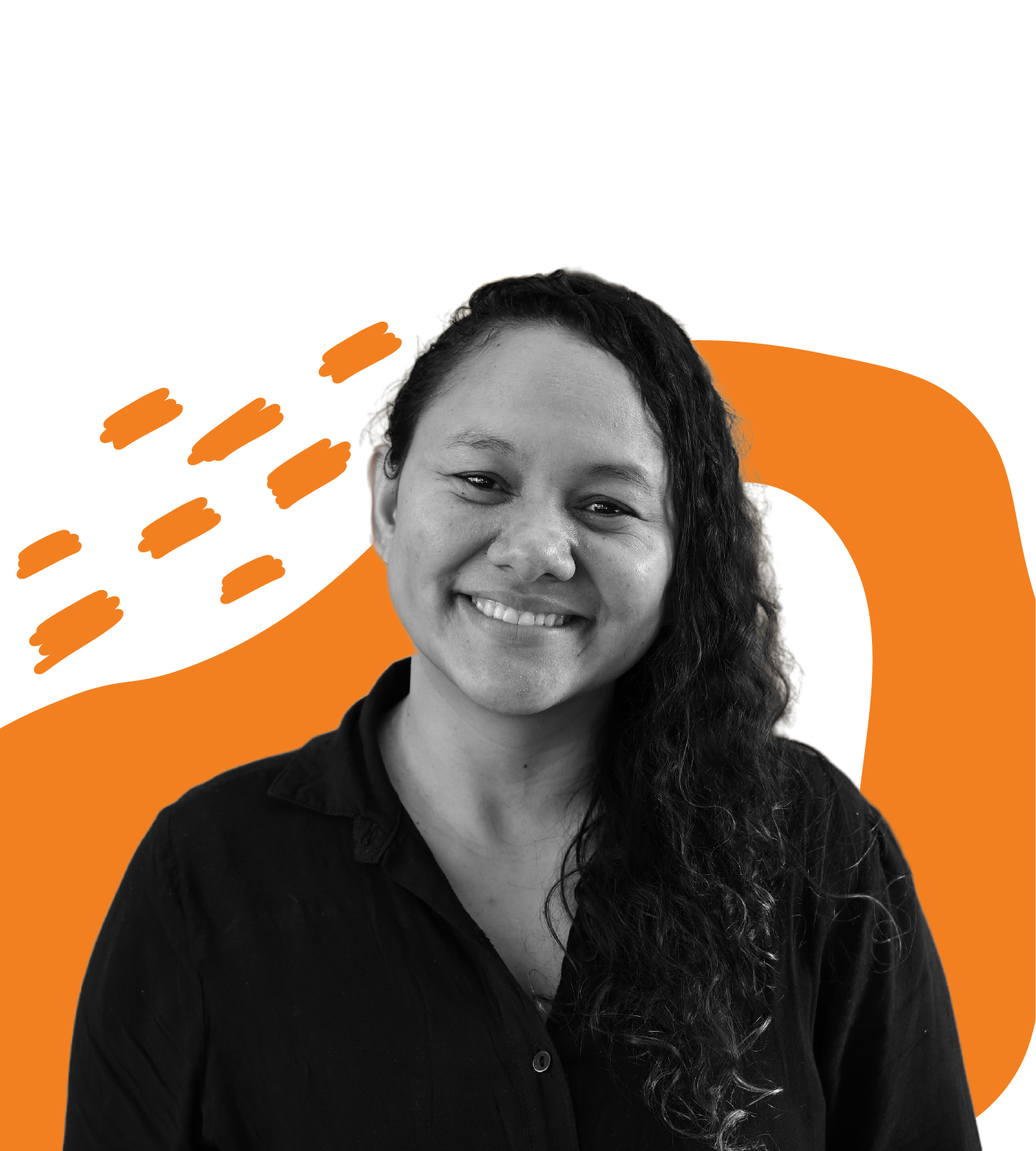
Urys Hernández
“I am very resilient and like to enjoy this time here”
National University of the Littoral
Argentina
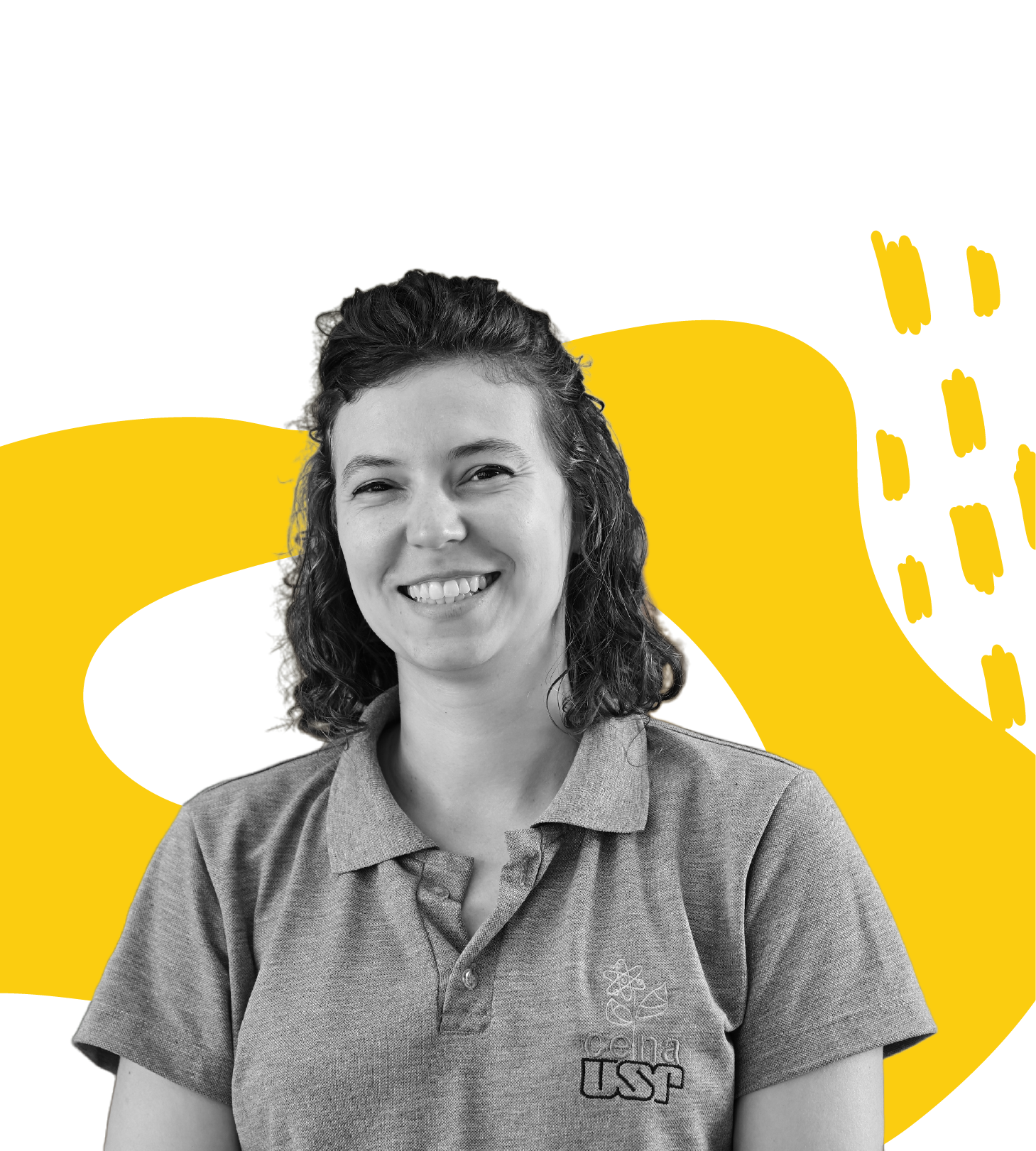
Carolina Ferraz
“Passionate about nature and enthusiastic about environmental studies“
University of Sao Paulo
Brazil
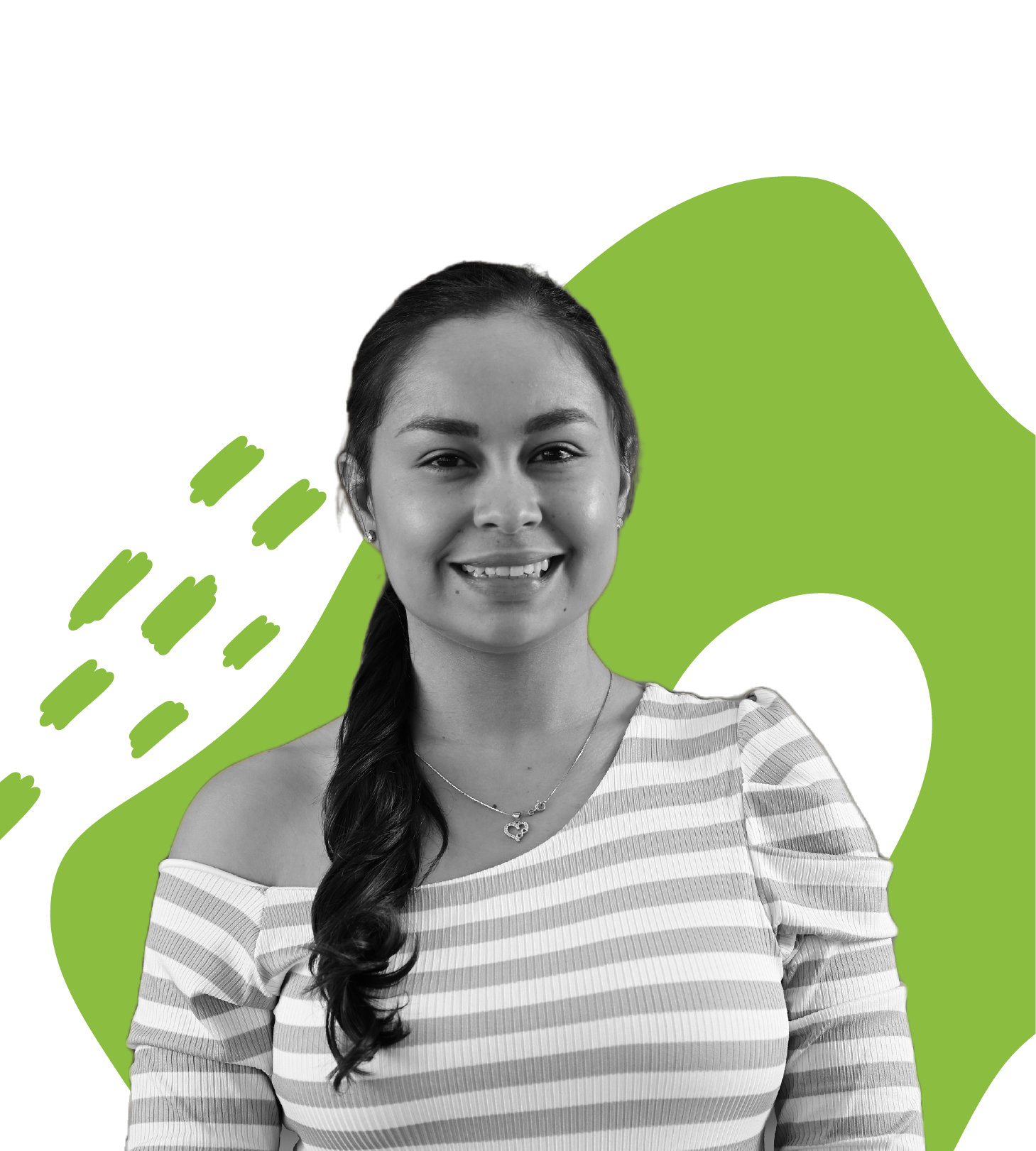
Sylvana Posso
“I enjoy life and am grateful for every experience it gives me”
Icesi University
Colombia
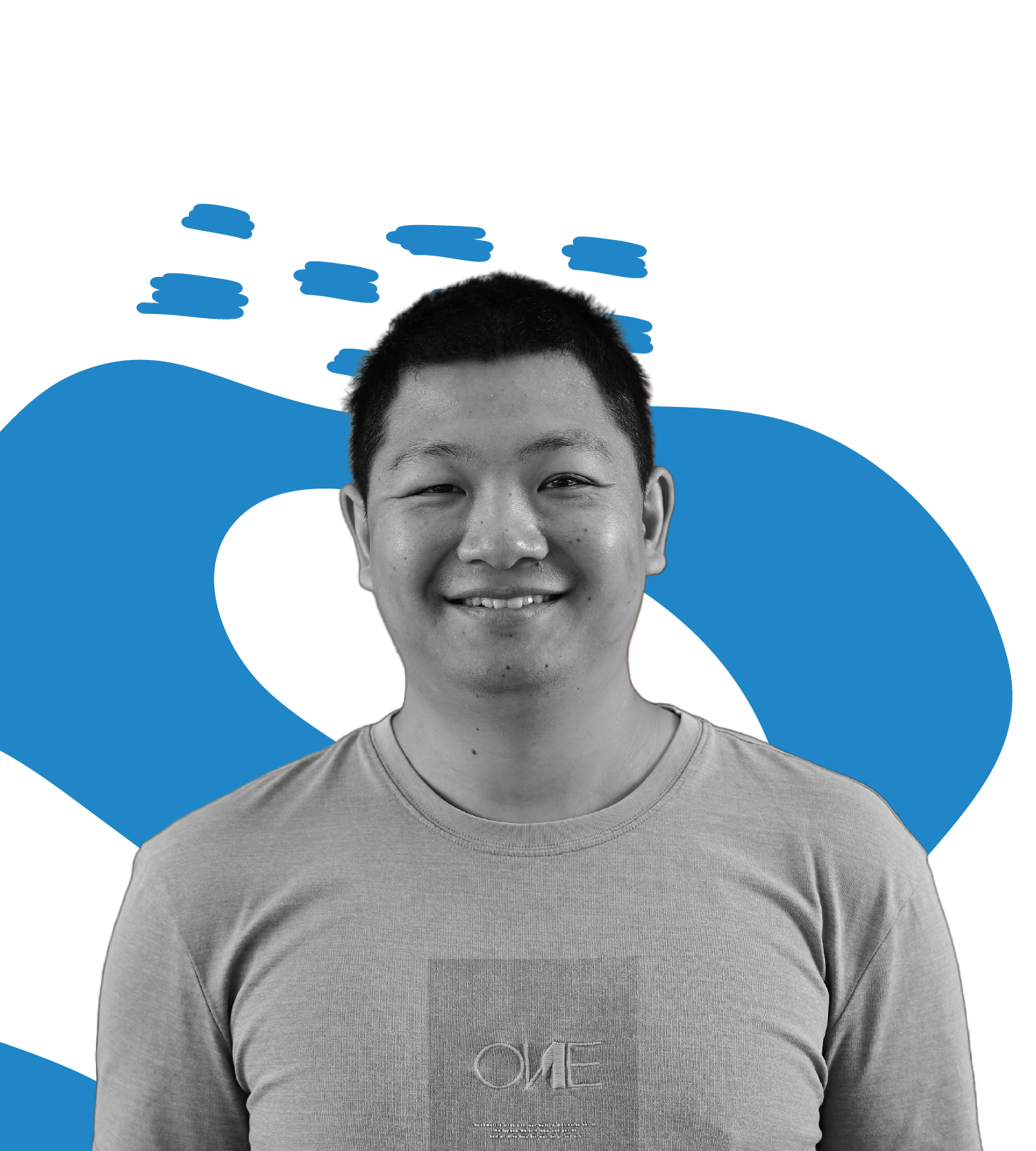
Zhiwei Song
“I like to travel around the world, swim, and play board games”
University of Copenhagen
Denmark
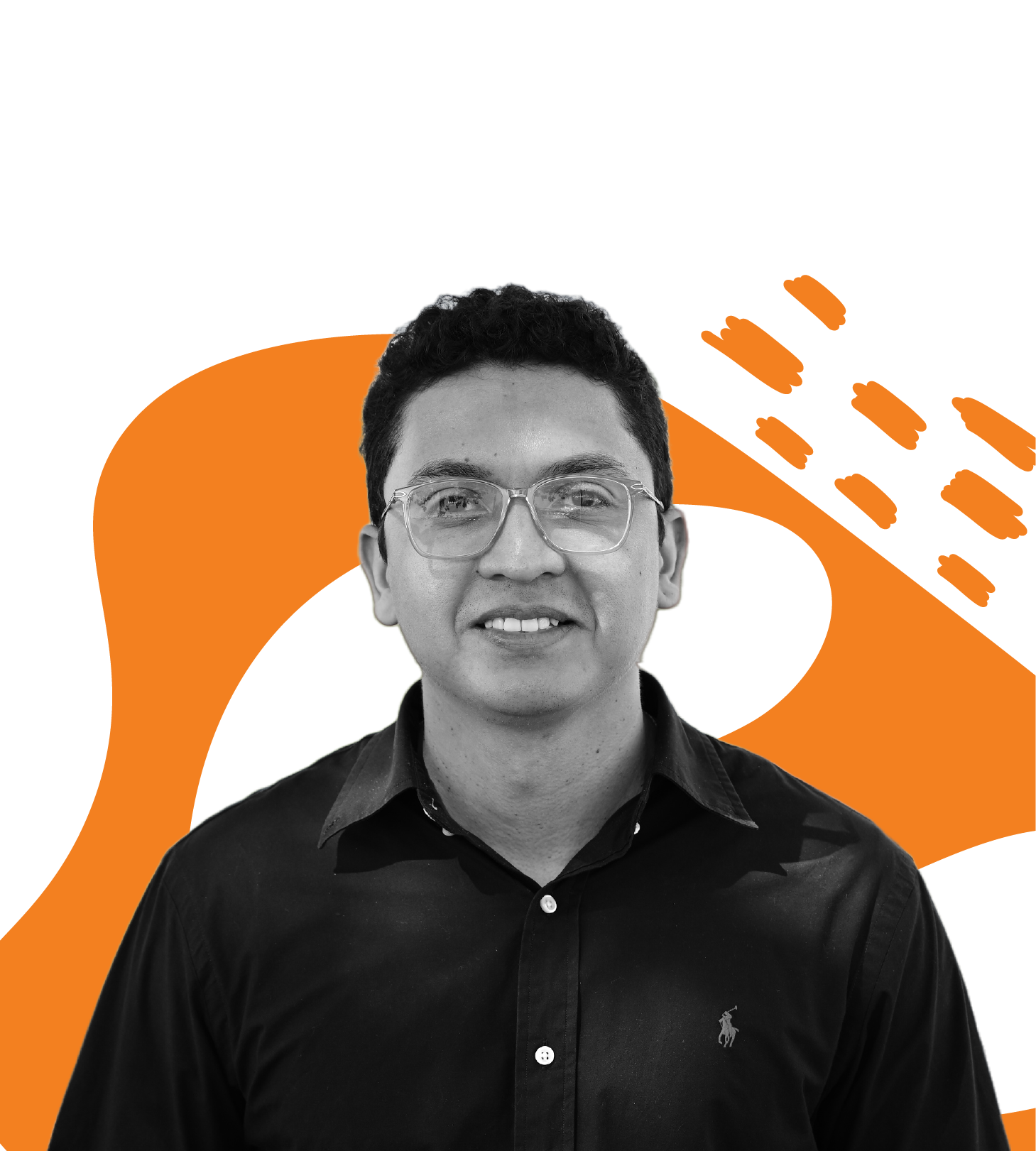
David Arango
“I find joy in each and every moment of my life, both the personal and professional“
Xaverian University
Colombia
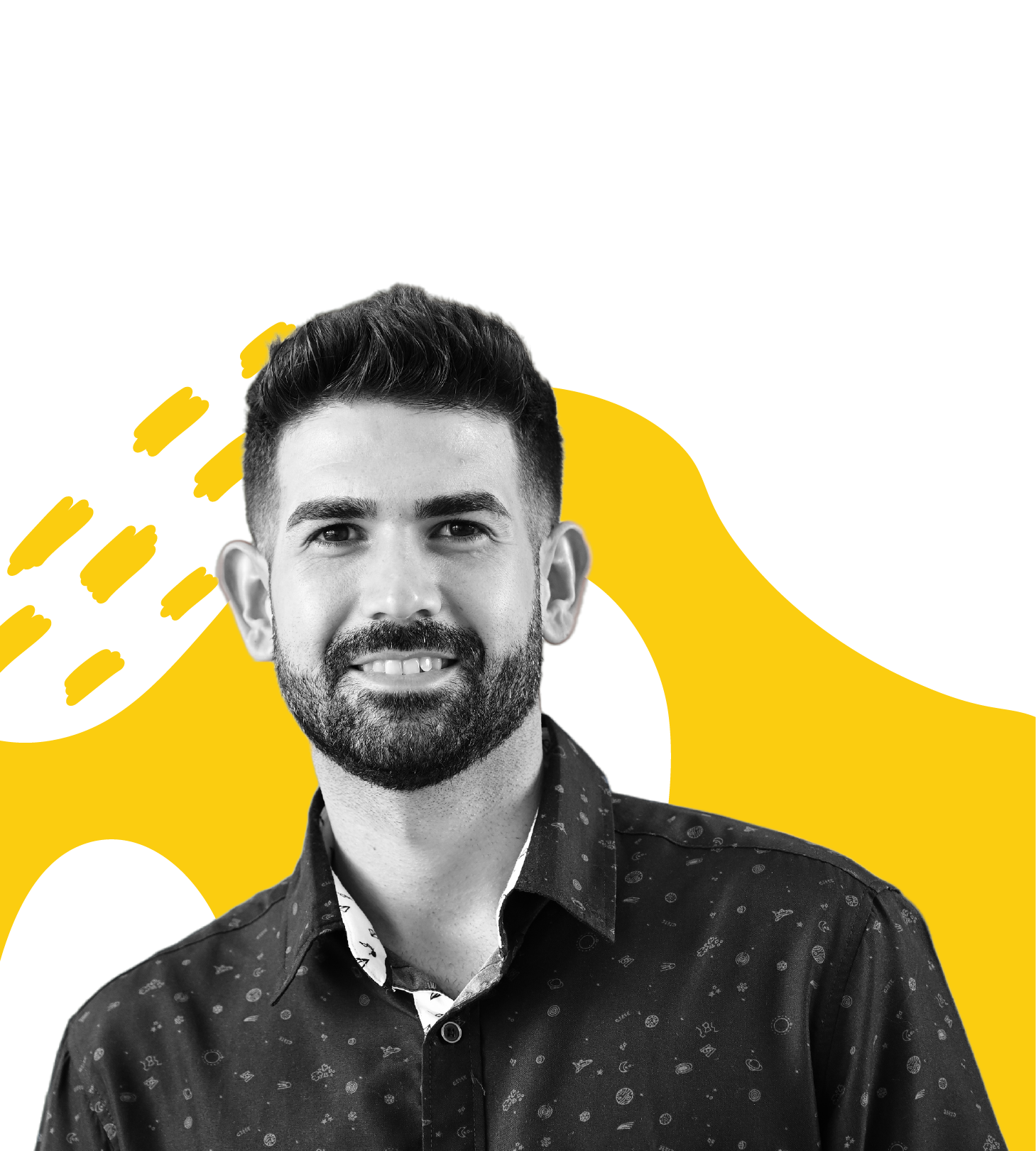
Andrés Hernández
“We must be able to give the best of ourselves to create a better world”
Institute of Animal Science (ICA)
Cuba
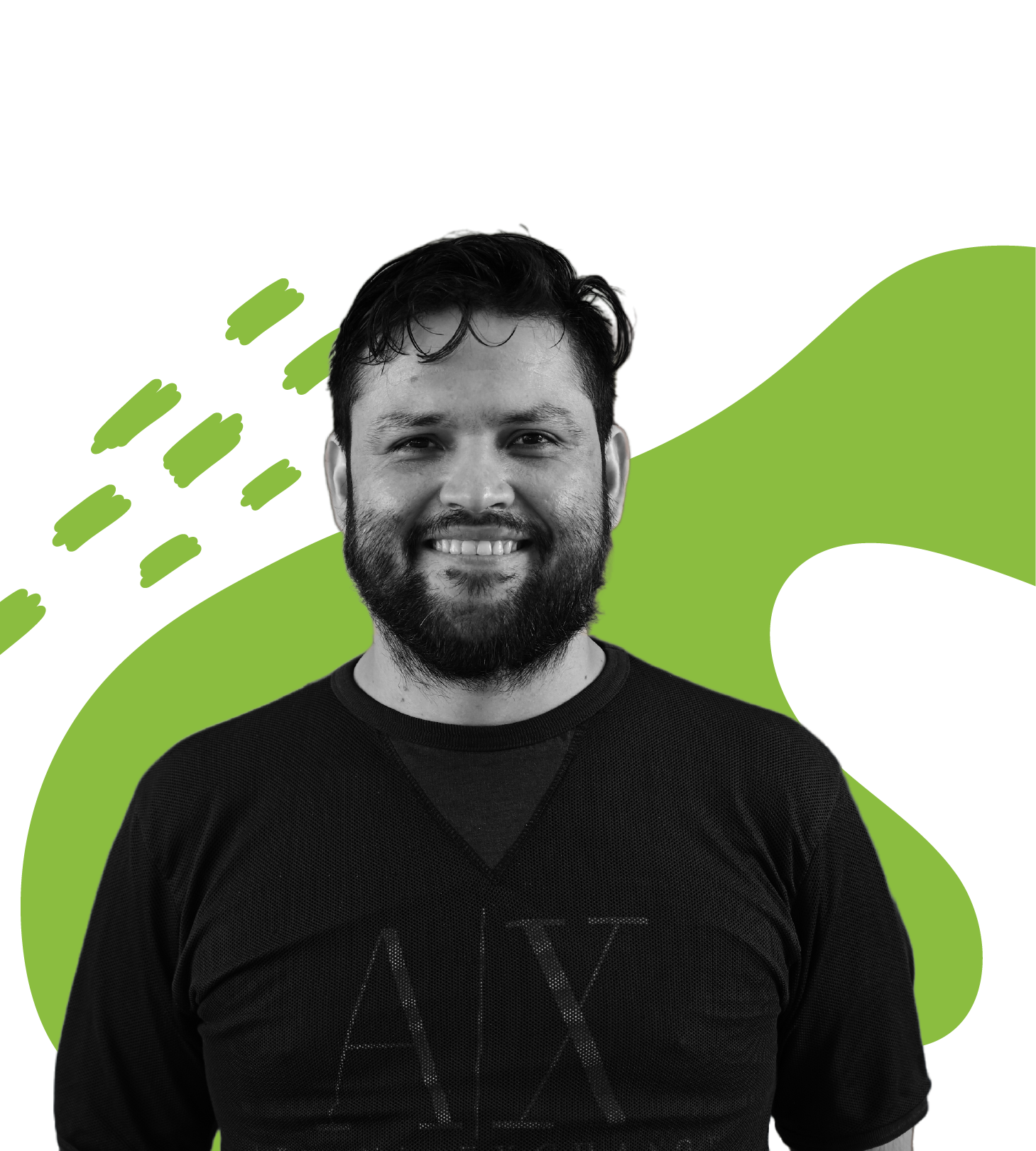
Cristian Zambrano
“We must leave the world a little better than we found it“
UNEMI
Ecuador

Petronille Dusingizimana
“I seek to achieve excellence while actively seeking opportunities“
Félix Houphouet-Boigny University
Ivory coast

Daniela Bravo-Guerrero
“I actively participate in my local group promoting the agroecological vegetable garden and integrating syntropic agriculture principles“
University Of The Republic
Uruguay
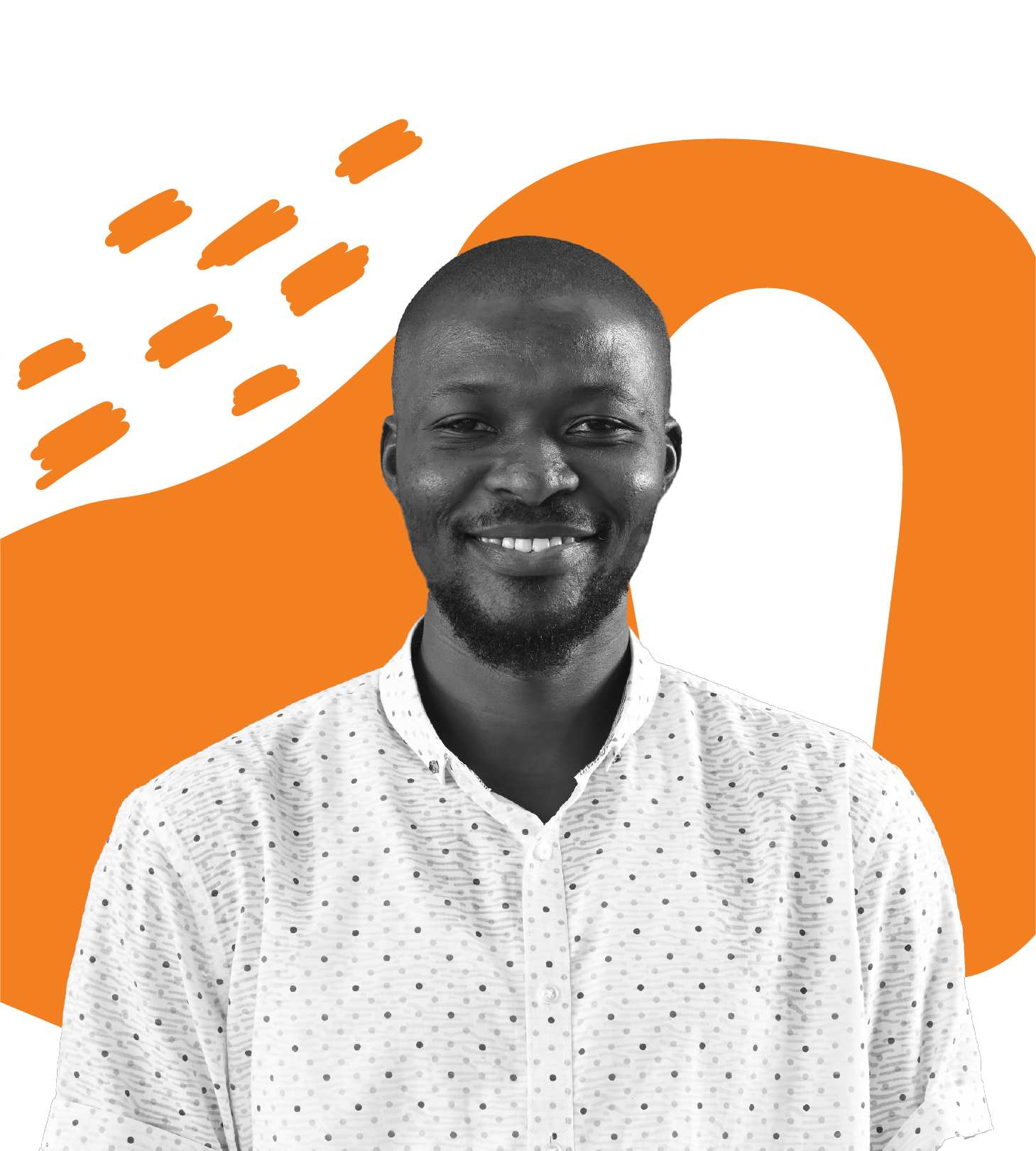
Theophilus Isimikalu
“A skilled soil scientist focused on crafting soils resilient to changing climates, committed to safeguarding precious soil resources for present and future needs“
University of Ilorin
Nigeria

The Alliance of Bioversity International and CIAT is part of CGIAR, a global research partnership for a food-secure future.
Contact
Alliance of Bioversity International and CIAT
Latin American Hub
Palmira – Colombia
Address: Km 17 Recta Cali-Palmira
Phone: (+57) 6024450000


